

Gov't ministries set to compete for reserve budget funds
Gov't has until December 10 to decide how to use NIS 3.5 billion reserve budget, approved for usage in 2018; gov't ministries now scrambling to put together list of requests to be made to Finance Ministry to fund their programs; nursing care insurance, cleaner air and defense all to seek enlargements.
The government approved last week using up the NIS 3.5 billion budgetary reserve intended for 2018's budget, and set off the usual intra-governmental power struggle over how those funds will be spent: how much of it will go to each ministry and what they'll spend it on.
By law, the government has to decide on the usage of the approved budgetary reserve funds—which constitute an adjustments budget—and report on its decision to the Knesset's Finance Committee by December 10. Then, it's the Finance Committee's role to approve the usage decided on by the government.
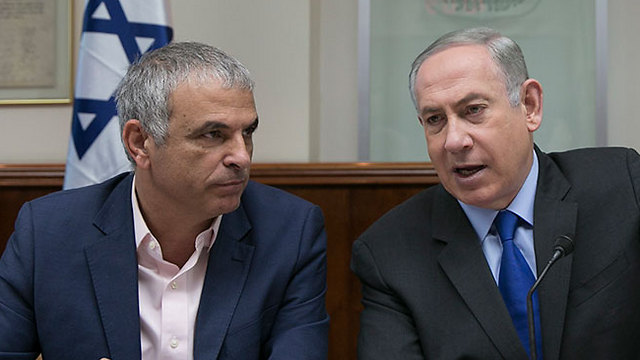
The above means the time has started for the various government ministries to race to get their share of the approved budgetary "safety cushion" and to try and carve out a larger slice of the budgetary pie for themselves. The ministries are therefore in the midst of working on consolidating their requests, which they will then forward to the Ministry of Finance.
The 2018 budgetary reserve is, as mentioned above, NIS 3.5 billion, a sum Finance Minister Moshe Kahlon asked Prime Minister Benjamin Netanyahu in advance to set aside while work on the current bi-annual 2017-2018 budget was underway.
In effect, then, what the government approved last week was the differences report, which contained data showing the government whether it had met the limitations set by law on its allowed deficit on the one hand and spending on the other.
The government must forward the report on to the Knesset by November 1, since the current budget is bi-annual.
Considering the differences report the government was presented with showed it had not exceeded limitations set on its deficit and spending, the government may now release the adjustments reserve and to divvy it as it sees fit.

While the government may decide to use these reserves in 2018, it may also postpone their usage to 2019. Indeed, some ministries hold onto their requests until the 2019 budget, which Kahlon is currently trying to promote and which will be presented and approved at the end of the Knesset's 2018 winter session, as mandated by law.
Concurrently, the Ministry of Finance is also readying itself for the NIS 20 billion tax collection surplus, explained by proceeds from the sale of Mobileye and Keter Plastic and the discount special applied to dividend taxes to be paid by significant shareholders in "wallet companies", which usually only employ one person: the company's owner.
If the NIS 3.5 billion is insufficient to finance the various requests, the collection surplus may not be used to cover the difference. Kahlon had already spoken about using part of the surplus for lowering income taxes for people earning less than NIS 11,000.
Regardless, the Finance Ministry does not consider the collection surplus to be precisely what they are, but views them as a one-time revenue, which may not be used to financing any ministerial demands. After being defined as one-time revenue, the excess tax collection will be put towards reducing the current 2017 deficit.
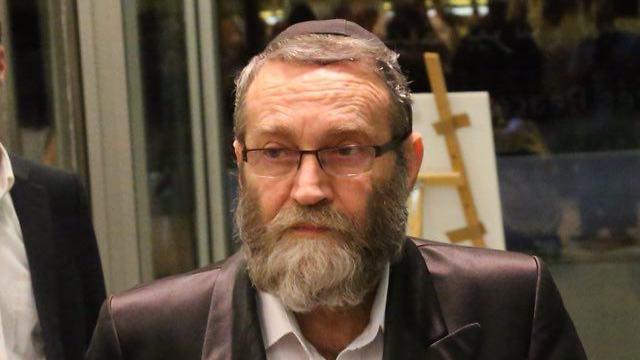
Indeed, in light of the expected surplus collection, Finance Committee Chairman MK Moshe Gafni refused this week to put to a vote the Finance Ministry's July request to cut NIS 1.1 billion across the board from all government ministries in order to preserve the fiscal framework and to allow the implementation of coalition agreements.
The cross-the-board cut was intended to trim 1.3 percent from the budgets all of government ministries equally, with no ministry exempt. Seeking the proposed cut stemmed from the gap between the overall budget as it was approved by the government and the additional expenses tacked onto it as the year went on due to MKs' demands.
Who's who in the NIS 3.5 billion sweepstakes
First and foremost is the agreement raising disability benefits, which Kahlon announced several weeks ago will be financed by NIS one billion from the reserve.
Second is the finance minister's "Net Family" plan, NIS 2.5 billion of which are already part of the 2018 budget, including NIS 1.8 billion for raising tax credits and NIS 700 million for lowering import taxes and annulling purchasing tax on baby clothes, shoes and mobile products.
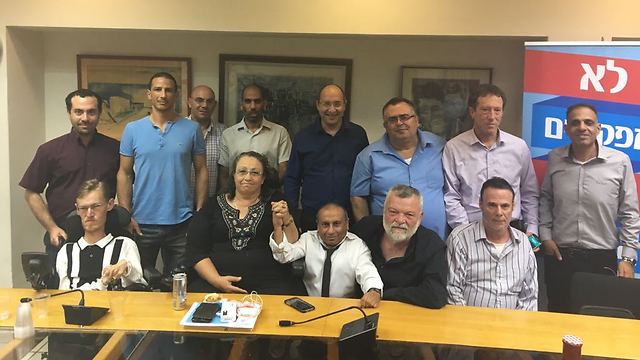
However, the "Family Net" plan also includes some segments whose budget has not been approved yet and they will therefore be included in the reserve budgeting requests. The yet-to-be-financed portions of the plan are NIS 935 maximal fee per child for afterschool care, for a cost of NIS 900 million, and expanding the negative income tax at a cost of NIS 750 million. The total request to budget these portions of the plan from the reserve stands at NIS 1.65 billion.
An additional request pertains to shortening schoolchildren's vacation days, made by Education Minister Naftali Bennett and estimated to cost NIS 400 million.
Another request on the docket is Minister of Health Yaakov Litzman's state nursing care insurance reform, whose cost is still somewhat uncertain and may run anywhere from NIS 100 million to NIS 2 billion.
Minister of Defense Avigdor Lieberman was also said to be seeking an NIS 4 billion increment to the defense budget.
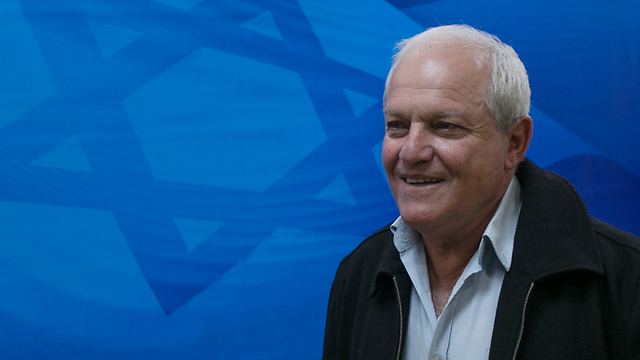
Minister of Welfare Haim Katz is said to be seeking the promotion of two significant bills. While he has yet to ask them to be financed through the reserve funds, the proposed laws are certainly on the minister's agenda and the likelihood of the ministry seeking to finance them in this manner is high.
The first plan will raise old-age pensions for seniors on a guaranteed minimum income in order to raise them above the poverty line. The law will assist 190,000 senior households and its cost is estimated to be NIS 662 million.
Another program Katz wishes to push through concerns the heating grants, as part of which 250,000 seniors on a guaranteed minimum income will receive an annual NIS 550 grant on the winter months to help them pay their electric bills. The cost of the plan is NIS 111 million.
The Ministry of the Interior, currently in the process of putting together its demands for the reserve budget, is said to be seeking extra budgeting for several reforms, including a business licensing overhaul, the regional cluster reform as part of which 93 local authorities will come together to create 14 regional clusters, the large unions in regional councils plan, the free beaches plan and the plan to create a local authority accessibility administration. The budgetary framework for these plans has yet to be set, but is said to be in excess of NIS 200 million.
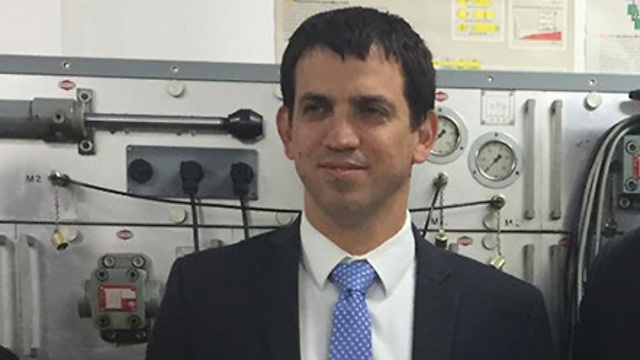
The Ministry of Transportation has yet to submit any requests for the budget reserve, whereas the Ministry of Energy is currently undergoing a director-general switch between outgoing chief Shaul Meridor and incoming Director-General Udi Adiri, which makes it likely the ministry will submit it requests at the conclusion of the transition.
The Ministry of Economy is currently consolidating its request to support, assist and strengthen Israeli industry, which will interweave with the goals of the "Net Industry" program, set to define the overall assistance given to the industrial sector and the requisite budgeting to achieve that aim. The ministry has yet to decide on the amount it will ask to finance the program.
While it was published recently Kahlon's "Net Industry" program will be financed by the reserve funds, and an NIS 500 million were already allocated for it, the Ministry of Finance claims no discussion on the topic had been held yet and its budgeting has not yet been linked to the reserve funds.
The Ministry of Environmental Protection will ask to dedicate some of the budgetary reserve funds to decreased pollution and environmental hazards.
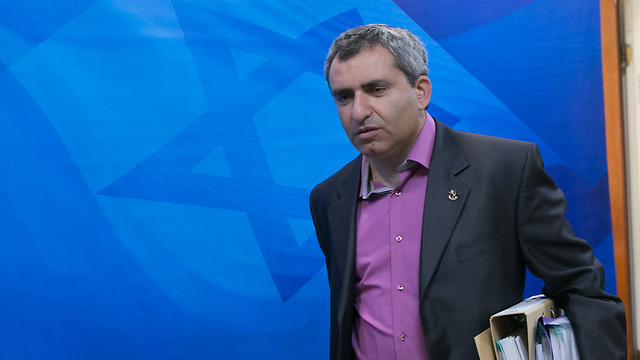
Some of the programs the ministry will ask to find financing for are expanding the national program to decrease transportation air pollution for NIS one billion, increasing energy efficiency for NIS 500 million, a national plan for reducing air pollution from open-area fires for NIS 500 million and more.
The Ministry of Justice has yet to put together requests, whereas the Ministry of Public Security is saving its requests for the 2019 budget.
This past July, the Tel Aviv District Labor Court found police officers and jailers' request to have their wages equated with the wages of regular army soldiers to have merit, but that decision will only affect the 2019 budget, should legislation putting it to practice be enacted until then.
This issue is expected to create a one-time NIS 7 billion budgetary hole on retroactive payments starting 2006, and an additional NIS 800 million annually going forward.

However, the cops and jailers claim is insubstantial for 2018, and will be raised come the 2019 budget, despite the fact the numerator (the tool ensuring government ministries to spend more than the budget offers)—which has predicted an NIS 10.5 billion deficit in 2019—failed to take it into account since the labor court's verdict has not yet been made into law.
Lastly, the Prime Minister's Office is currently in the process of putting together its requests, and will only reveal them once they are submitted to the Finance Ministry.















